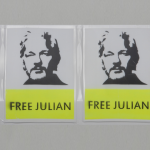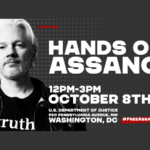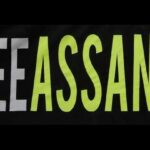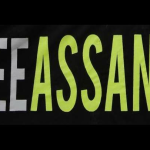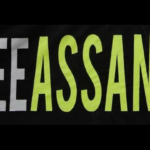Finally, Positive Movement on the Extralegal Political Prosecution of Assange
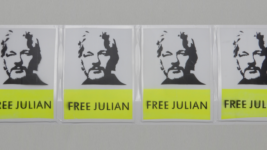
When teal independent Dr Monique Ryan quizzed Anthony Albanese in the chamber on 30 November as to whether his government would intervene on behalf of journalist Julian Assange, an Australian PM finally provided some decisive words in support of ending the persecution of a citizen.
The WikiLeaks founder Assange has been locked up in London’s Belmarsh prison, for the most part on remand, since April 2019. His health has been rapidly deteriorating as the slow drip process of the US attempting to extralegally extradite him with UK complicity continues in plain sight.
The US wants to prosecute Assange for publishing thousands of classified American government military and diplomatic files leaked to him by a US solider, via an indictment containing 18 charges, 17 of which are espionage offences, carrying up to 175 years imprisonment.
Assange’s actions were not conducted on US soil, and some of the indictment is known to be based on lies.
“I, sometime ago, made my point that enough is enough,” said Albanese. Although, so far, this hasn’t meant too much for Julian. He also pointed out that while the Australian son is being fried, Chelsea Manning, the true leaker of the information in question, is “able to participate freely in US society”.
“My position is clear and has been made clear to the US administration that it is time that this matter be brought to a close,” Albanese said in the lower house last Wednesday. “This is an Australian citizen.”
These are words Assange’s supporters have long been waiting to hear.
Shifting the case to Europe
However, whilst Assange’s legal team welcomes the belated support from the Australian prime minister that only seemed to be laid out due to the prompting of Ryan, it has been busy lodging an appeal of the extradition with the European Court of Human Rights.
On 17 June, then UK home secretary Priti Patel gave final approval to US extradition, after the UK High Court overturned the decision of a lower court which ruled against the move raising concerns that Assange wouldn’t survive in the American prison system.
The original decision found it was more than likely that Assange would take his own life if sent to the US as he’d be incarcerated under the extremely isolating conditions of special administrative measures (SAMs) in Colorado’s ADX Florence facility.
But the High Court found this was no longer an issue after the White House gave four assurances as to its treatment of Assange following extradition, which outlined he would not be subject to the SAMs regime, unless the Australian does something in the future to warrant it.
Gabriel Shipton, Assange’s brother, told Reuters last week that moving the case over to the European court could be an effective move, as Europe, in general, is more sympathetic to Julian’s plight and Washington is trying to keep up appearances on the continent due to its wants in Ukraine.
Further rising support
Another key development occurred last week, when global mastheads involved in printing the revelations of the Manning leaks alongside WikiLeaks finally proactively approached the White House calling for an end to the ongoing persecution of an individual who exposed great corruption.
“Twelve years ago, on 28 November 2010, our five international media outlets… published a series of revelations in cooperation with Wikileaks that made the headlines around the globe,” an open letter to US president Joe Biden reads.
The media outlets involved are The New York Times, the Guardian, Le Monde, El País and DER SPIEGEL, and they further outlined that they’ve come together now to express their “grave concerns about the continued prosecution of Julian Assange for obtaining and publishing classified materials”.
The open letter goes on to explain that the Obama administration “placed a premium on press freedom, despite its uncomfortable consequences” in its decision not to take action against Assange, which was a position that was lost in the wake of the election of Trump.
Taken together, these three positive developments all converging over the same week mark a seismic shift in the campaign to see Julian Assange saved from the fate awaiting him in the US at a point when hope has long been dwindling.


